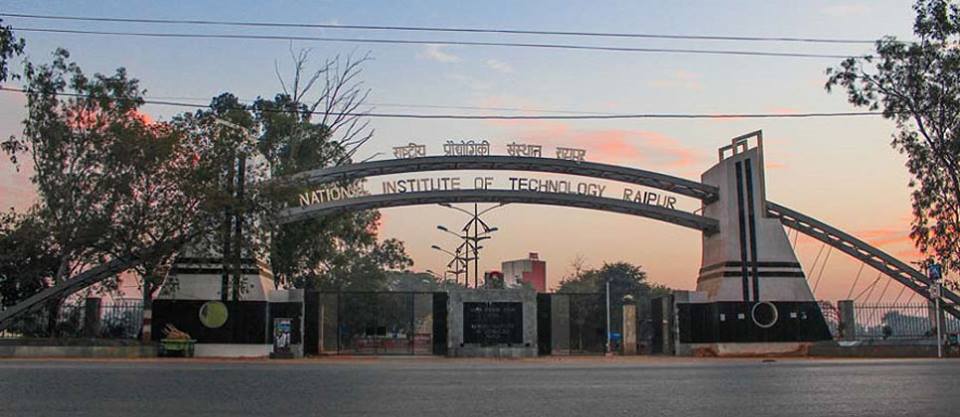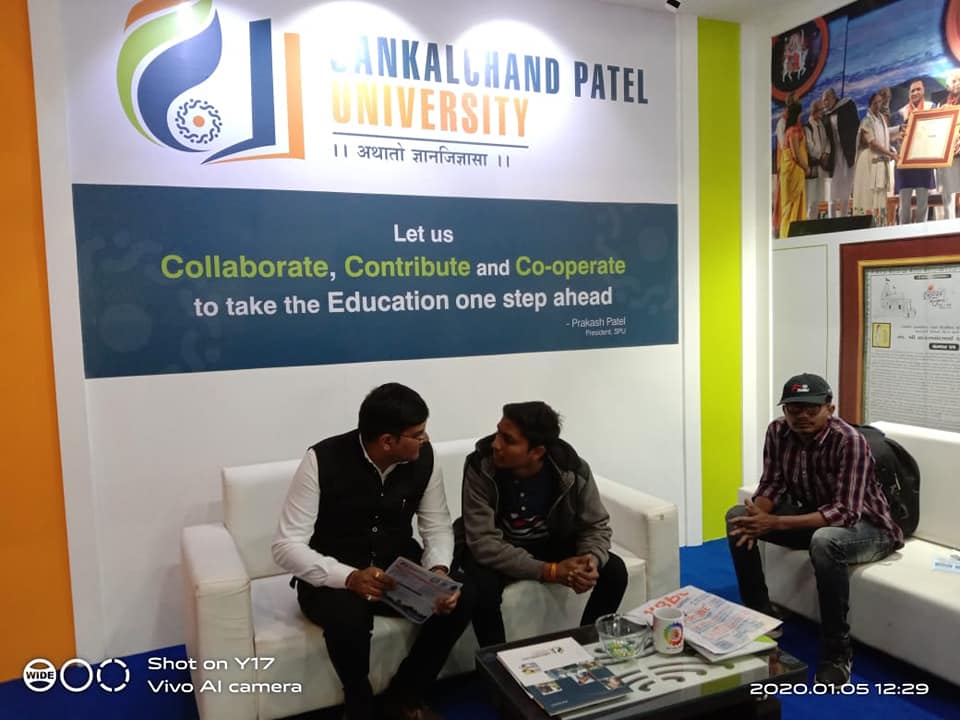New Delhi: Google PhD Fellowships directly support graduate students globally as they pursue their PhD, as well as connect them to a Google Research Mentor. For 2017, four students from India bag Google PhD Fellowships.
The winners of Google PhD Fellowships 2017 from India are as followed: Preksha Nama, Indian Institute of Technology Madras; Sayak Ray Chowdhury, Indian Institute of Science, Bangalore ; Avijit Dasgupta, International Institute of Information Technology – Hyderabad; and Bidisha Samanta, Indian Institute of Technology Kharagpur.
For 2017 globally, 50 students have been awarded for Google PhD Fellowships in the following research subjects: Algorithms, Optimizations and Markets; Human-Computer Interaction; Machine Perception, Speech Technology and Computer Vision; Mobile Computing; Natural Language Processing; Privacy and Security; Programming Languages, Algorithms and Software Engineering; Structured Data and Database Management; and Systems and Networking.
Preksha Nema, Research Scholar from Department of Computer Science and Engineering of IIT Madras, has been chosen for the Google India PhD Fellowship. She is one of the four to be so chosen this year. She is guided by Dr. B. Ravindran.
Google PhD Fellowships directly support graduate students as they pursue their PhD, as well as connect them to a Google Research Mentor.
The Google India PhD Fellowship program for 2017 is closed. The 2018 program will open for applications in March 2018.
The Google PhD Fellowship Program was created to recognize outstanding graduate students doing exceptional work in computer science and related research areas. The Google PhD Fellowship Program offers Fellowships in Australia, China and East Asia, Europe, the Middle East and Africa, India, the United States and Canada.
Google PhD Fellowship students are a select group recognized by Google researchers and their institutions as some of the most promising young academics in the world. The Fellowships are awarded to students who represent the future of research in the following fields:
Algorithms, Optimizations and Markets
Computational Neuroscience
Human-Computer Interaction
Machine Learning
Machine Perception, Speech Technology and Computer Vision
Mobile Computing
Natural Language Processing (including Information Retrieval and Extraction)
Privacy and Security
Programming Languages and Software Engineering
Quantum Computing
Structured Data and Database Management
Systems and Networking









